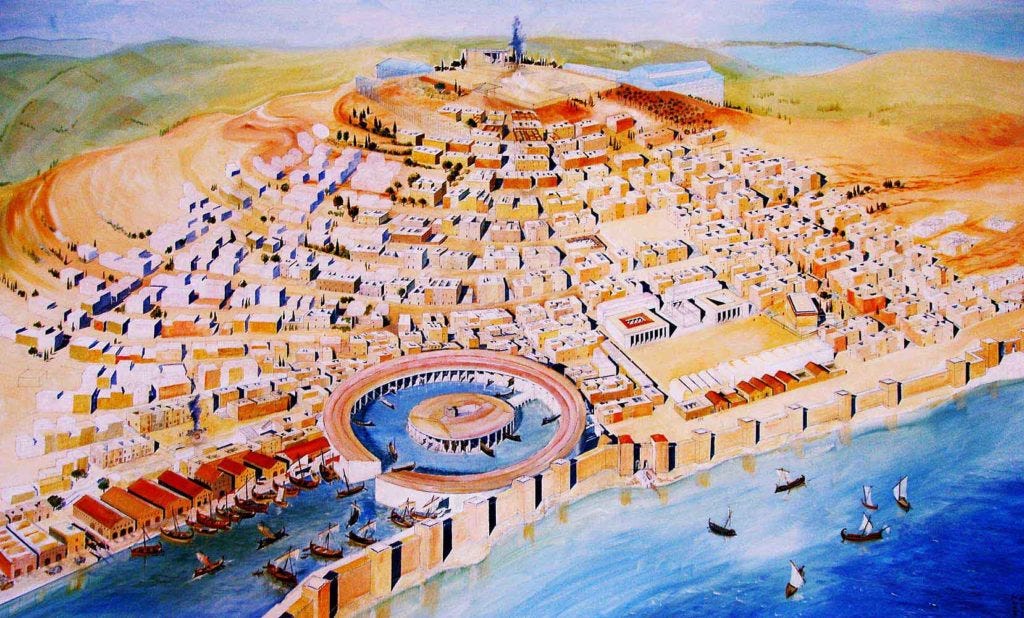Maritime Empires and the West
We in the West seem to spend a lot of time tracing our cultures back to the maritime empires — thalassocracies — like the Greeks and the Vikings, but we spend very little time talking about the civilization that inspired Greece to consolidate its military power, supplied Egypt with timber, and invented the oldest kno…
Keep reading with a 7-day free trial
Subscribe to Manuscriptions to keep reading this post and get 7 days of free access to the full post archives.



